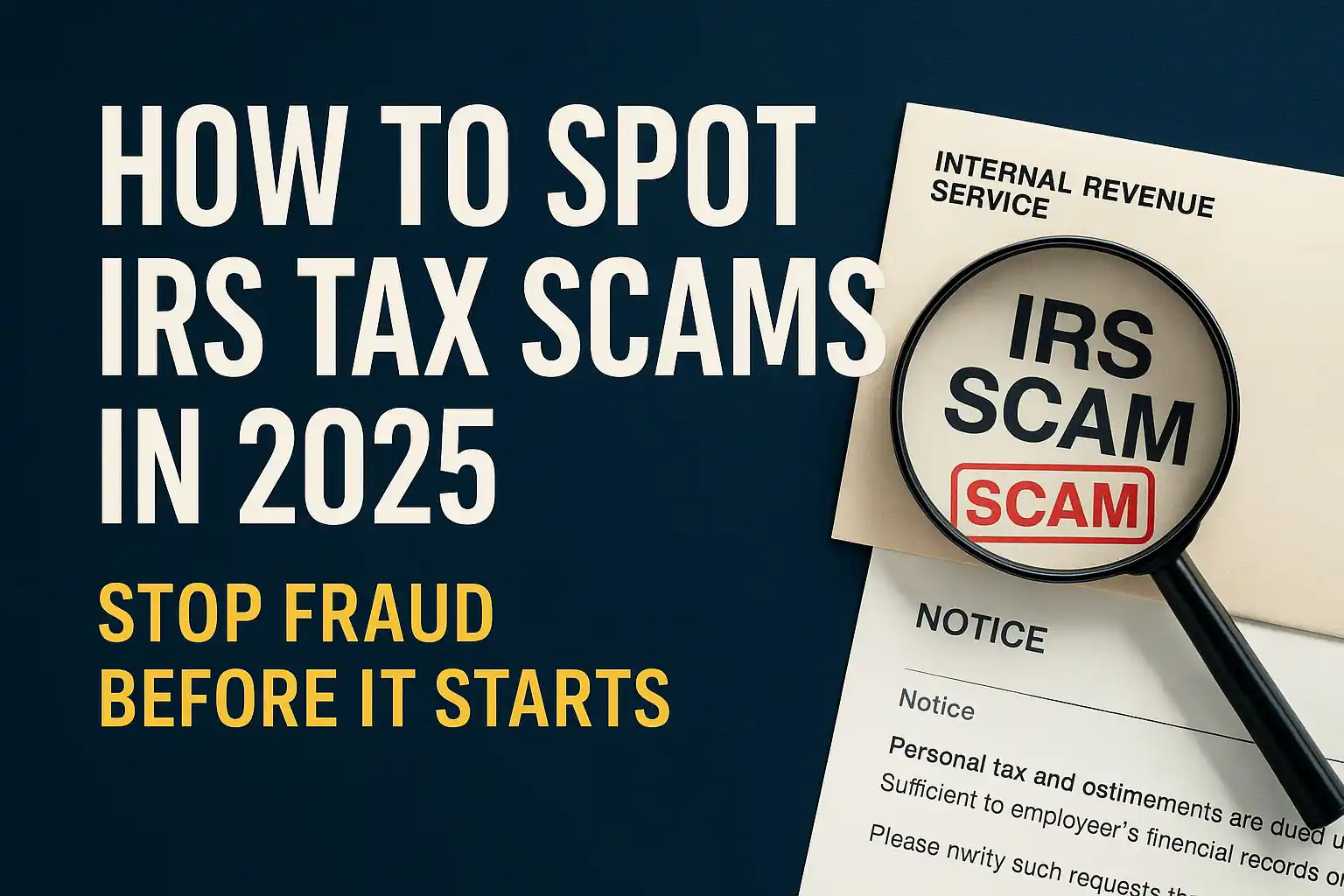As many of you know, our law AND accounting firm recommend to ALL of our clients to purchase at least one rental property a year for tax planning and wealth building benefits. It doesn’t have to be big, but at least something. Thus, I have created these “10 Steps to Purchasing Your Next Rental” as a guide for many of our clients that are real estate investors. I hope this may even help some of you that are seasoned investors.
HERE is my AMAZING, yet SIMPLE list:
- Make a Goal. Set a deadline to purchase your first rental. Stay committed. Let friends and family know your goal. Write it down and set short deadlines to be looking at property and making decisions, rather than just ‘buy my first or next rental by X date’. Set manageable goals to get you to closing.
- Start Shopping. Just get out and start looking at rentals. Engage two or more realtors or investors in the markets you are looking at to send you leads and options. Once you start looking you’ll get more motivated and the juices will start flowing.
- Get a Spreadsheet. Develop a spreadsheet, even if you have to buy one OR create one, to analyze your properties. This should set forth criteria to ‘rate’ your possible properties by rent rates, operating costs, debt service, property management, etc.. and create an ultimate ROI or Return on Investment calculation. I have a couple of helpful spreadsheets to crunch the numbers (email me at mark@markjkohler.com and put in the subject line “Real Estate Spreadsheet” and I’ll send it to you).
- Look at lots of Property. Take your time and look at lots and lots of property. There is NO RUSH. I have told clients time and time again, there will always be a deal next week. Follow your gut and don’t get sucked into a deal you don’t feel good about.
- Make an Offer and Start Due Diligence. Once you find a property that ‘fits the bill’, make an offer contingent on due diligence. If you don’t like the deal…get out. Don’t get emotionally attached to the transaction.
- Do more Due Diligence. Look at the property from every angle. Learn how to do good due diligence. Read books and talk to others on nightmare experiences so you can look for any possible problems. Be patience, but DON’T GET discouraged.
- Open Escrow. Once you’re happy with your due diligence and the property looks like a winner, start reviewing documents, move to close, and begin forming an LLC. In MOST states I will always recommend an LLC to hold your rental. Get a consult so we can discuss the matter and help review docs if necessary. Don’t do your first deal on your own.
- Close and Deed the Property to an LLC. Don’t stress about closing in your own name or having the LLC finished before closing. There are only a few states where this is important to consider. When we have a consult, we’ll indicate if there is going to be a transfer tax problem later. Don’t worry about the ‘due on sale clause’ when deeding to your own LLC. The bank is worried if you transfer the property to someone else after closing, not if you just transfer it to your own entity or trust.
- Track Expenses. Keep track of everything for tax purposes. This includes the closing statements, costs you incurred BEFORE you closed and expenses after. Everything related to the purchase and management of the property is a tax-write off. Look at the list at the end of my new CPA book if you need some ideas as to what might be a write-off.
- Manage the property, Tenant AND your Property Manager. In summary, don’t think this property will run by itself. Stay involved. Take lots of regular pictures. Keep good records on your tenants, and your property manager if you are using one. Visit the property regularly.
.
With all of these risks and steps to take, I still feel strongly this can be one of the secure paths to retirement. With the power of leverage and using the bank’s or other people’s money, you can increase your net-worth dramatically. Don’t rush…take your time and realize it’s not a sprint, but a marathon.










